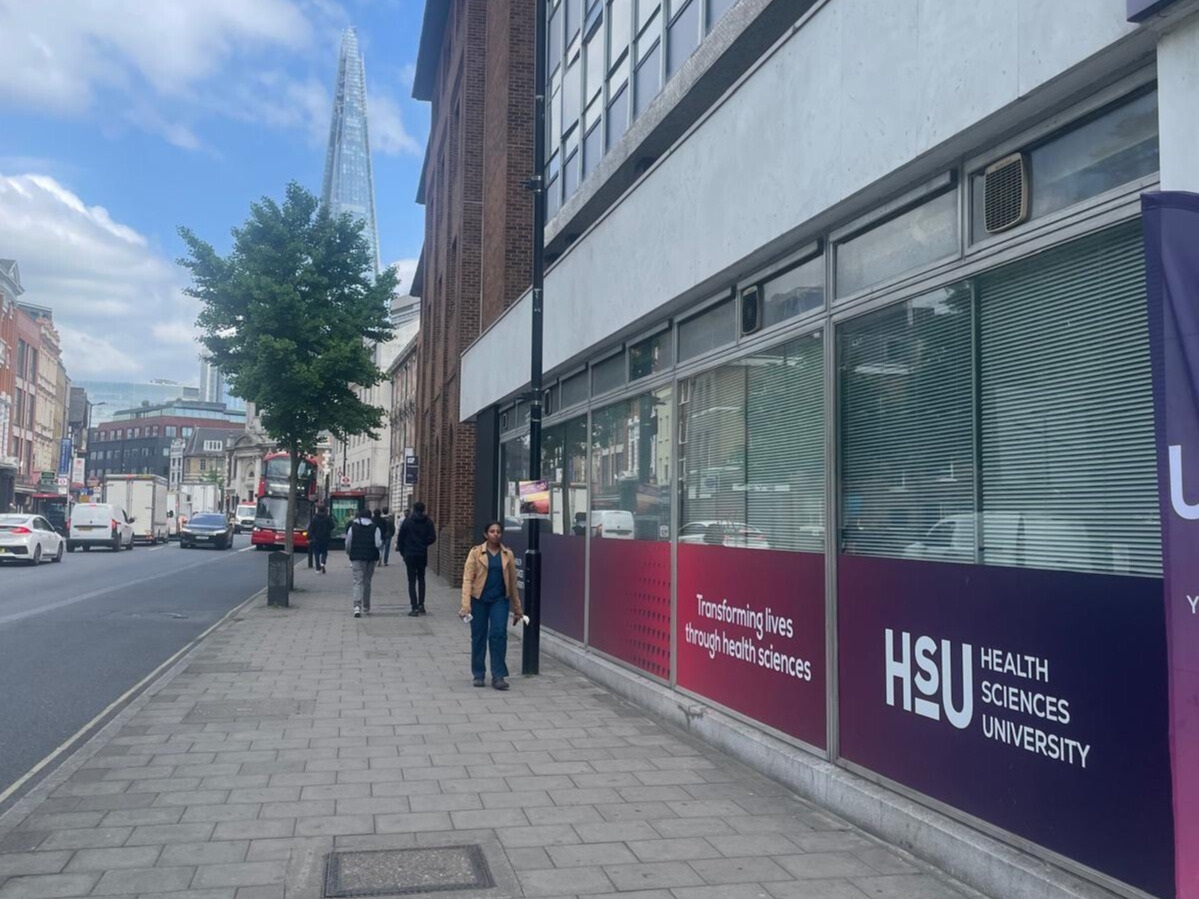
An innovation developed through HSU’s Centre for Osteopathic Research and Leadership (CORaL) has been selected by the World Health Organization as one of just 21 projects worldwide to feature at the WHO Global Summit.
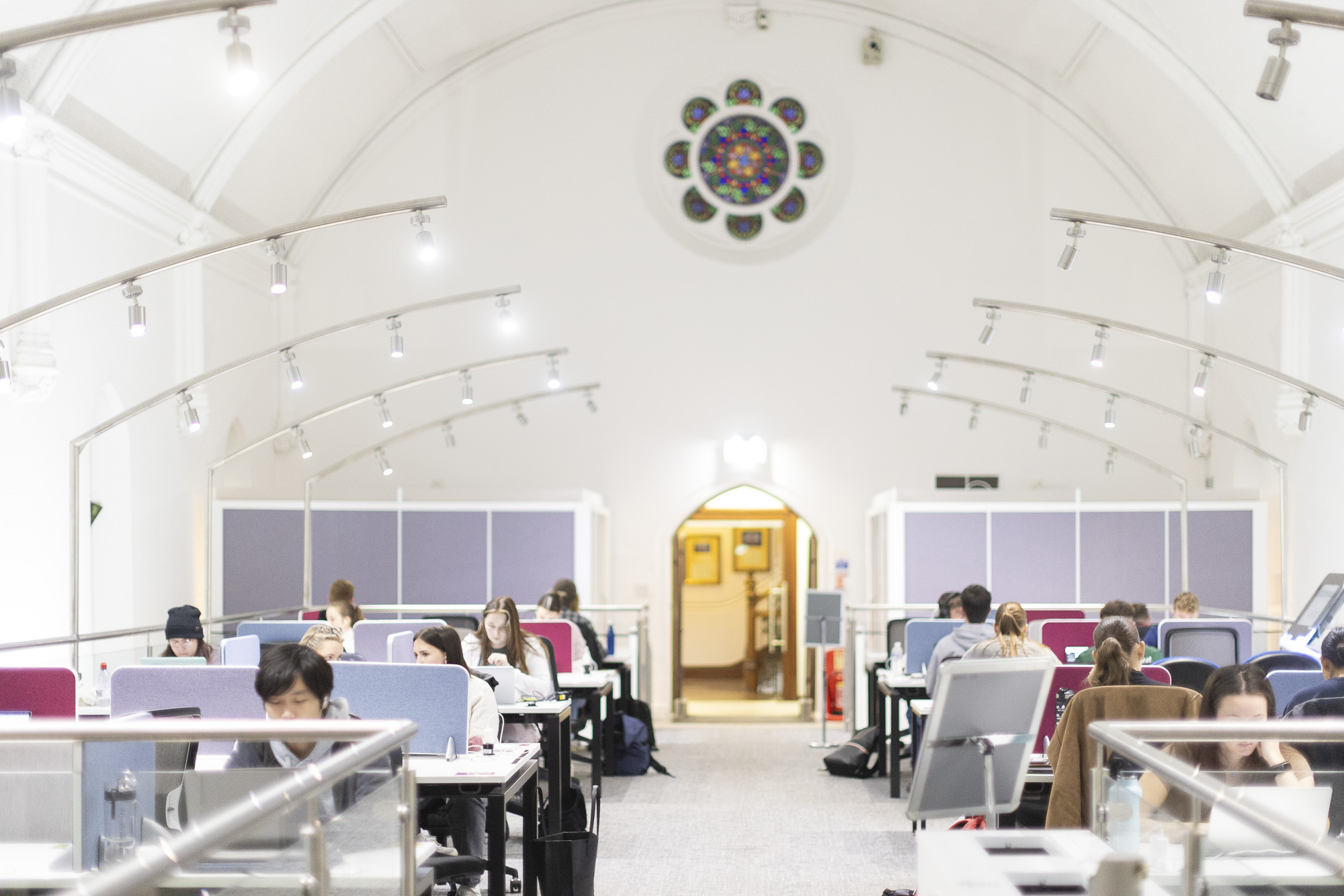
Provide an outstanding student experience and deliver excellent graduate outcomes for all

Our new student experience strategy will be developed in partnership with our students so that their voice remains at the centre of all that we do. We perform well in the National Student Survey and are regularly placed above our benchmark compared to other universities. Our students rate highly the learning community that we create; whilst our student numbers will grow, we will retain the strong sense of community we create on our campus. We will continue to focus our attention on improving the organisation and management of our courses as well as assessment and feedback to deal with those issues where students have expressed their dissatisfaction.
Our Access and Participation plan commits us to challenging targets to ensure that we continue to widen access to our courses in health and related professions. Almost 45% of our students come from Dorset and the neighbouring counties and working with local schools and colleges is a priority for us. We will maintain our outstanding graduate outcomes, and will ensure that all of our students have the opportunity and support to achieve the best graduate outcomes to enable them to move seamlessly into their chosen professions. Through active engagement and targeted support, including a focus on physical and mental health needs, we will provide a culture of belonging to enable students from underrepresented groups achieve their educational and professional goal
We will provide unique opportunities for our students to collaborate with other professionals and enhance their academic and clinical experience as we expand our academic provision and develop the new Integrated Rehabilitation Centre.
As the future graduate employment environment changes we recognise that many of our future graduates will spend periods of time managing a portfolio of contracts of employment, and that many will choose to be self-employed, so we will provide more support for students to develop enterprise and entrepreneurial skills.
We will continue to offer a high-quality student experience that supports all our students to achieve their academic, personal and professional potential. For high quality learning we know that our students need excellent teachers and professional services staff, but they also need high quality learning spaces and facilities. In response to student feedback, we will continue to develop our digital offer with increased asynchronous learning opportunities alongside high levels of face to face contact. We have invested in state-of-the-art treatment benches and simulators which will be used to support the development of clinical skills. We are investing in additional staff to support the expanding number of our students who seek support for their health and well-being from our highly valued suite of student services.
We will ensure that all students are equipped with skills to reflect upon and develop their own personal and professional development as lifelong learners.
Support the expansion and development of the health workforce by providing demand-led high-quality education and training programmes

We are committed to growing student numbers for two reasons:
i) the health workforce needs more high quality graduates who are taught within a multi-disciplinary environment;
ii) to secure an independent future as a university college we need to reach a critical mass of teaching activity.
Our growth will be carefully planned to ensure that we do not overload our staff or our facilities and that we encourage a strong sense of identity amongst our student communities. Our growth in student numbers will be driven by new programmes developed in all three of our academic Schools. New courses will include pre-registration and post-registration education and training in clinical imaging, therapies and rehabilitation sciences.
We will continue to develop our education and training courses and CPD in response to local, regional and national needs, informed by our local ICS and regional HEE partners and working closely with professional bodies, NHS, primary care, local authority and Private, Voluntary and Independent (PVI) sector partners. This will require us to work in a more agile and responsive manner so that we are able to meet the needs of our external partners and stakeholders.
We will provide flexible opportunities for students to take credit bearing units and short courses to support professional roadmaps, specialist training needs and individual pathways of lifelong learning and education.
Provide affordable patient-centred care through multidisciplinary clinical, rehabilitation and diagnostic services

We seek to create a multi-disciplinary, patient-focused model of care. Our new Integrated Rehabilitation Centre will be an exemplar model for place-based care in a community setting. Our new patient services will be developed alongside the expansion of our academic portfolio, and will provide unique opportunities for clinical education, including student placements, and applied research and development projects.
We want more patients to be able to access our clinic services and we will work with our local community, colleagues across the Dorset Integrated Care System and PVI partners to provide a range of demand-led, accessible services for those seeking care as a primary point of contact as well as secondary referrals.
The quality of our patient services is of the highest importance to us. We will ensure that ‘safety first’ is a priority and we will regularly monitor patient outcome and ensure satisfaction is above 90% in all categories of patient experience.
As we develop new services and develop our clinical teaching and research we will establish patient and carer expert panels as an expansion of our Friends of the Clinic Group.
We will develop further our positive relationship with the Dorset Integrated Care System and work with all local partners to help Dorset residents to start, live and age well and to reduce health inequalities. By aligning and harmonising our efforts we will ensure that we can develop sustainable provision which has high relevance and adds value to local and regional systems.
Many of our courses are specialist and vocational. This means they require work placements for students to achieve learning outcomes and professional qualifications. We will work closely with health provider partners and employers to develop relationships so that we can expand the number of placements offered to our students.
Position ourselves as a first-choice partner within specialisms for research and innovation in the health science community.

Establish ourselves as an anchor institution for knowledge exchange and economic development within our local community

We are committed to creating civic benefit in all that we do and will pledge to develop a Civic University Agreement working with local partners to bring focus to our engagement and outreach activity across community, health, education and business.
We are proud to be situated in Boscombe and support the Boscombe Regeneration Partnership and Towns Fund vision to make Boscombe a better place to live, work and visit. We are one of the largest local employers and recognise the social and economic impact we have locally.
We will have more porous boundaries and our beautiful campus, patient services, educational opportunities and high-quality public talks will be more accessible to our local community. As we are developing our Access and Participation practice, we have worked to develop relationships with schools locally to widen the groups of students we offer opportunities to, and will be extending this to some inner-city areas to reach a wider group of students and to enable more local young people to consider a career in health.
Reducing health inequalities and improving educational outcomes for local children are regeneration priorities and we are confident we can make a big contribution. We are already working with Bournemouth, Christchurch and Poole Council to offer opportunities to looked ater children across the region. We will dedicate time to developing relationships with our local communities, as well as health and local authority partners. We will also expand our work with sporting bodies, sports clubs and organisations to raise brand awareness and identify mutually beneficial opportunities.
We will support the work of the Dorset Local Enterprise Partnership’s Local Industrial Strategy to build conditions for sustainable growth in health and social care as part of the One Health approach. We will support the Dorset LEP priorities of job creation, attracting new business and growing existing business. We will contribute to workforce planning and development through the Skills Advisory Panel and Board.
We will develop a business engagement strategy to guide our work with local and regional partners in the south of England to support economic development and business growth, and to identify opportunities for our own business and enterprise development.
Create an inclusive and sustainable environment in which we support our people and develop our activity, spaces and facilities to be fit for the future

Discover and read all the latest news, press releases and happenings here at Health Sciences University.

An innovation developed through HSU’s Centre for Osteopathic Research and Leadership (CORaL) has been selected by the World Health Organization as one of just 21 projects worldwide to feature at the WHO Global Summit.
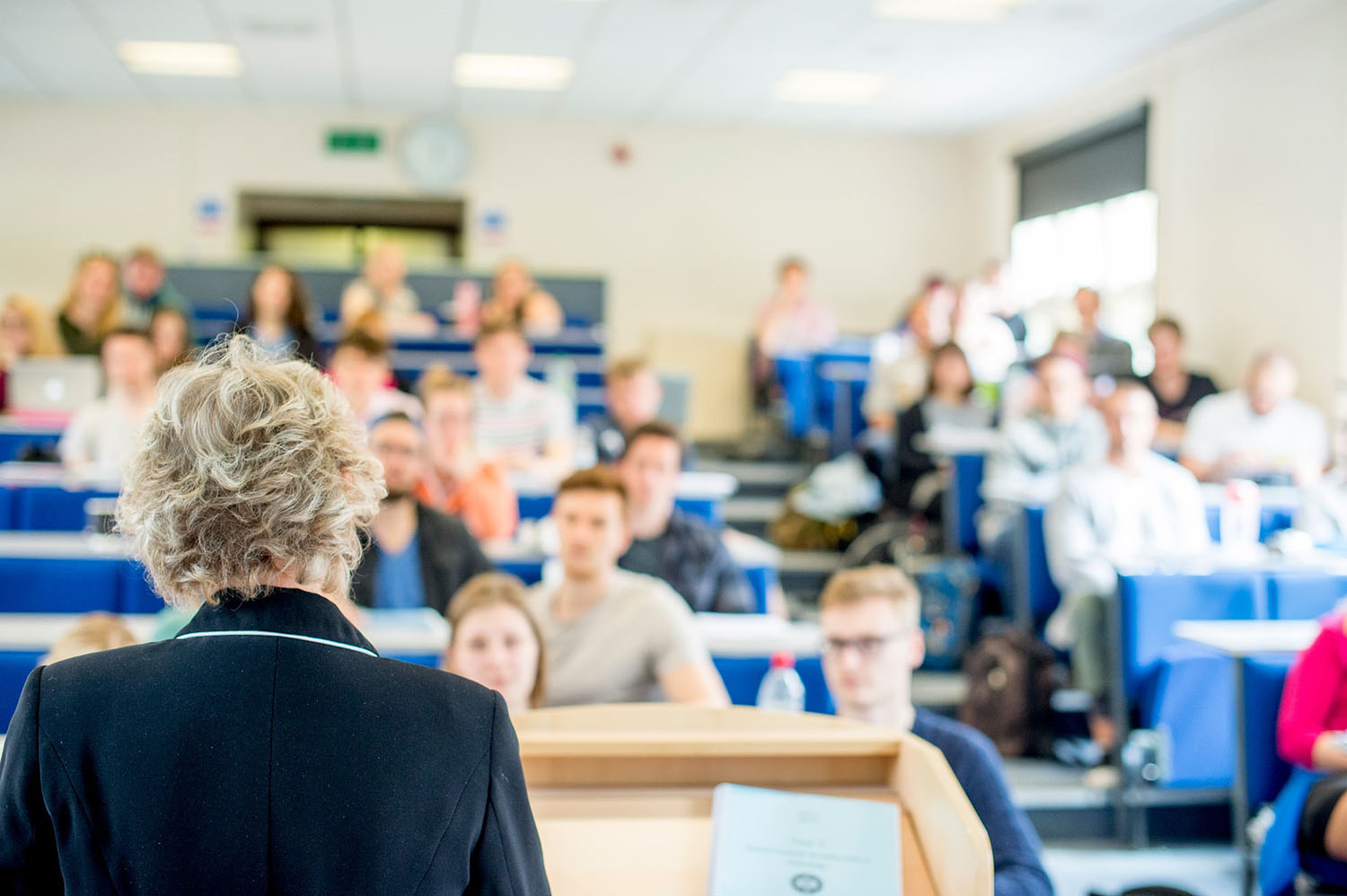
Advance HE has published a new report that explores the merger which brought together AECC University College in Bournemouth and the University College of Osteopathy in London to create Health Sciences University (HSU).

This month, Claire Nadaf, Head of Engagement and Partnerships, and Sarah Herbert, Chief Nursing Officer at University Hospitals Dorset and Visiting Professor at HSU, embarked on a nursing delegation to China.
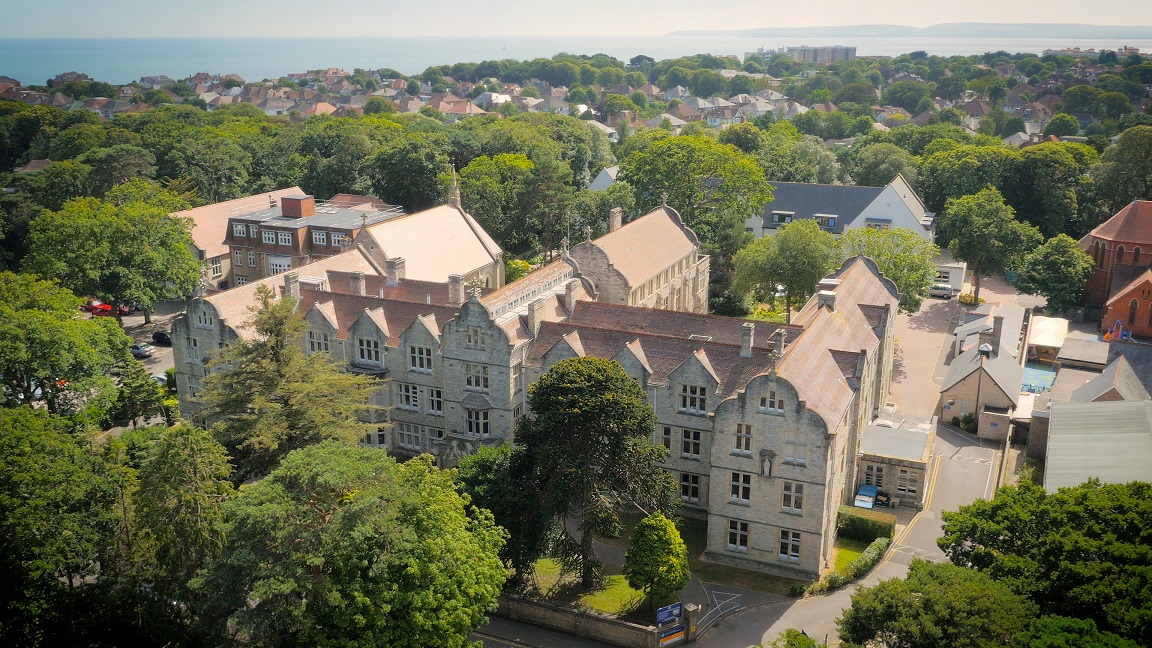
Health Sciences University (HSU) is delighted to announce its recent success in securing a capital funding bid from the Office for Students to the value of £2,136,638.
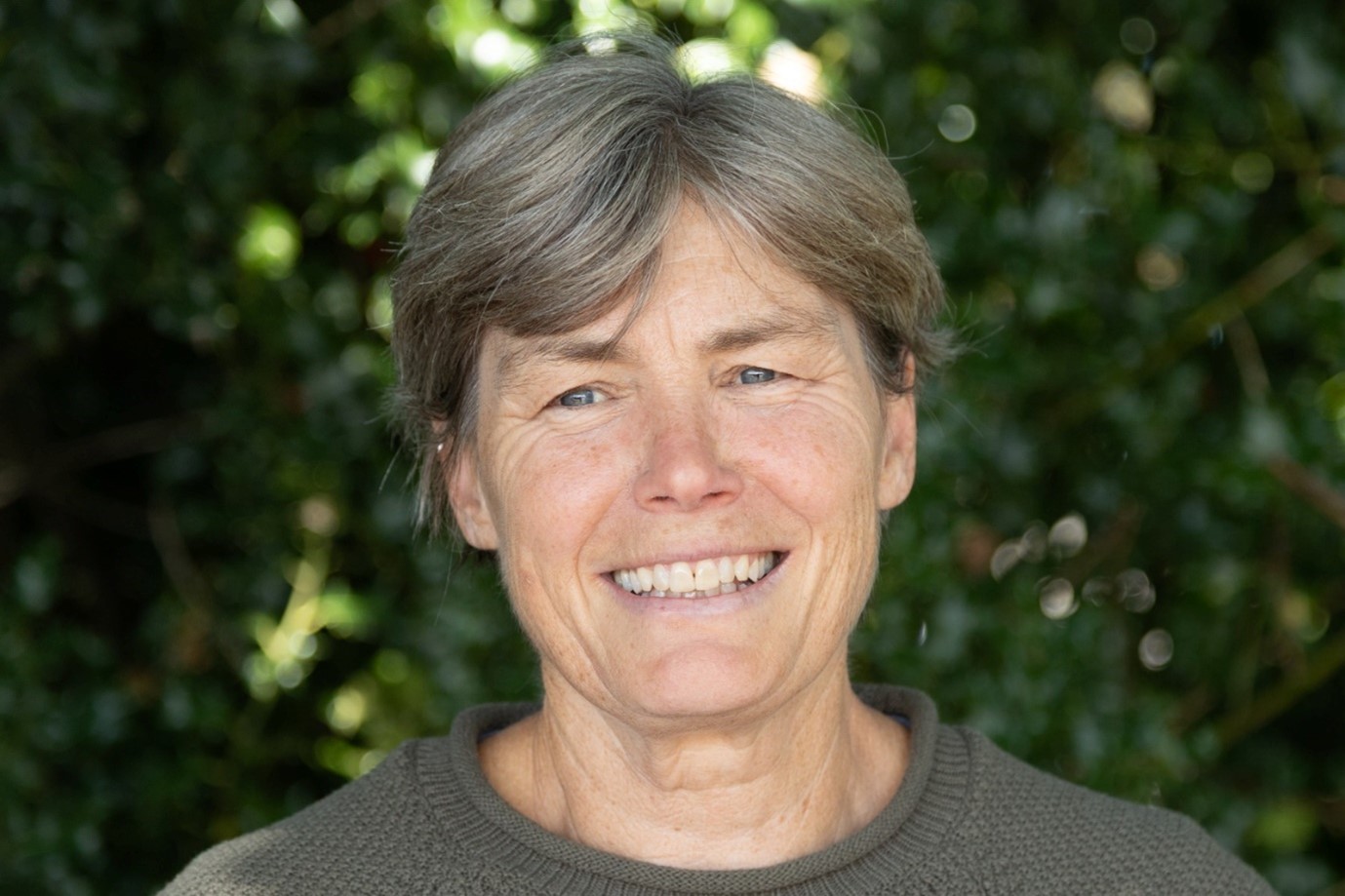
HSU is delighted to welcome Laura Finucane as Honorary Associate Professor. A leading figure in musculoskeletal (MSK) health, Laura brings a wealth of clinical, academic and international leadership experience - and a deep passion for rethinking how we support people in our practice.
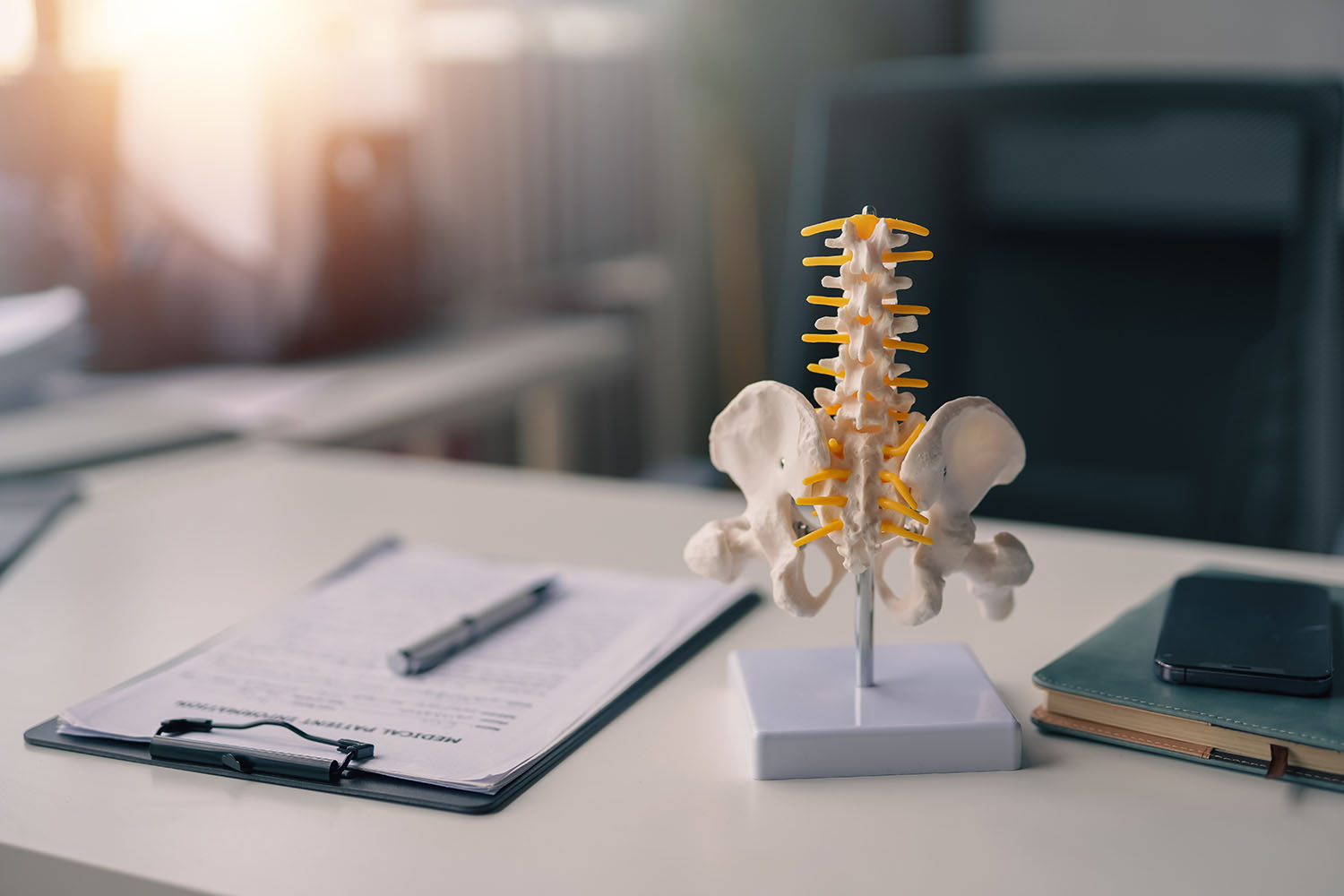
In October, HSU was pleased to celebrate the publication of the Priorities for Osteopathic Care (PROCare) study in BMJ Open.
Health Sciences University
Bournemouth Campus
Parkwood Road
Bournemouth
BH5 2DF
Health Sciences University
London Campus
275 Borough High Street,
London
SE1 1JE